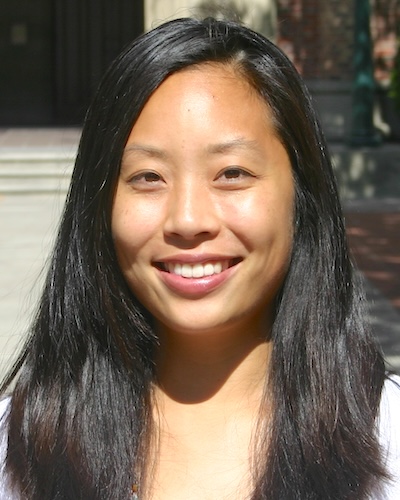Just a minute to listen . . .

January 25, 2011
by Yao
Sometimes the best therapy is to have someone listen to you.
I’ve always appreciated when friends took the time to listen to me but I was lucky enough this past Friday to really observe this in practice during my OT 500 University Hospital observation elective. It’s hard sometimes to remember that although our goal as occupational therapists in the hospital is to return the patients to functional ability in ADLs and make sure that they are equipped with the best tools to help them engage fully in their life after hospitalization, that sometimes in order to best serve our patients we need to listen to them first.
It was my second day of rotations and the plan was to see about 4-5 patients within the 4 hours that I was observing. I realized how hard it was to balance what the patient needed physically and what the patient might need mentally as well as the need to be flexible. The latter is a definite requirement in Occupational Therapy and even more pertinent when working in a hospital setting. The first two patients had gone according to schedule and the OT I was shadowing was able to balance rapport building and physical engagement in the session. Then it was time for our third patient. It was the first time this particular patient was in a hospital that had health professionals talk to him as a peer. Rather than a “I’m the Medical Professional and you’re the patient and you will listen and do everything that I say without a question” interaction. We started with our typical introductions and a brief summary of our jobs as Occupational Therapists and what role we would play in his recovery. At the beginning of the session he had mentioned that he was suffering from an immense amount of pain and he wasn’t sure what he was able to do and would possibly prefer to engage in bedside exercises. Then, it seemed out of the blue he brought up information that he had heard about upcoming Occupational Therapy research and how he was fascinated by the strides we were making in areas such as Autism. This began a deep conversation about not only Occupational Therapy but every now and again we were able to get a little bit about his background, The background information helped us piece together his occupational history as well as fun interesting facts that we may be able to later incorporate into his therapy sessions.
Then without skipping a beat the therapist I was observing mentioned the possibility of taking a few laps around the floor because it seemed as if he was ready and able to. Without hesitation the patient started getting up out of his bed and continued to conversation. As we were walking and talking about various subjects in the medical field one lap became two and two became three and finally we had to migrate back to his room in order for him to get to his lunch tray in time. While we were wrapping up the patient said “Thanks, I needed that.”
The time spent with him allowed us to help put him at ease with his hospital visits by reminding him of his knowledge of current medical research but also taught us a lot about him and how he was perceiving this hospitalization. It especially gave us insight on how to best tailor his occupational therapy sessions so that he would get the most out of them with his particular goals in mind. I know it seems simple but sometimes I feel that people get so caught up that the importance of just listening is no longer a priority due to the increasing demands of time and billing placed on all medical professionals.
⋯
Next by tag Classes ⟩ What are OS/OT? ⟩
⋯





